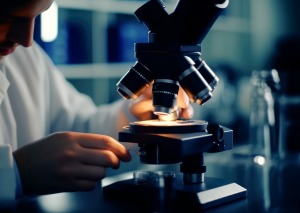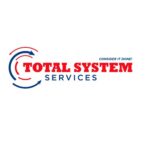Amyotrophic Lateral Sclerosis (ALS), often referred to as Lou Gehrig’s disease, is a challenging progressive neurological condition that affects nerve cells in the brain and spine. Millions of individuals grapple with its symptoms, which include muscle weakness, loss of motor function, and eventual impairment of vital activities such as speaking or breathing. While traditional treatments aim to manage outward symptoms, the ongoing exploration of regenerative science may present new possibilities for addressing ALS at a cellular level. Enter the Regenerative Protein Array (RPA) by Genesis Regenerative, which may potentially offer an innovative approach to redefining how conditions such as ALS might be managed in the future.
ALS is inherently tied to the degeneration of neurons, essential for transmitting signals between the brain and muscles. One focus in regenerative science is creating an environment where nerve cells can function longer and remain healthier. With advanced techniques that rely on enhancing cell communication and addressing tissue inflammation, researchers are investigating ways to improve how the body can protect and potentially repair these vital neural structures.
Another critical challenge in ALS is chronic neuroinflammation, which exacerbates neuronal damage and accelerates the disease’s progression. Regenerative science emphasizes reducing this inflammation by modulating the affected cellular environment. A cellular setting less burdened by toxic molecules may support nerve cells’ survival, indirectly helping slow the progression of ALS symptoms.
Enhancing neuron support through growth factors and biologically active proteins is also an area of interest. These cutting-edge methods aim to target cellular health and stability, facilitating a stronger framework for nerve functionality. By supporting better neuron health, this approach might contribute to maintaining muscle activity and prolonging patients’ ability to carry out daily tasks with minimal interruption.
Current regenerative applications further explore the potential for personalizing ALS care based on individual patient needs. Neurological conditions, particularly progressive ones like ALS, manifest uniquely across patients. These complexities motivate the development of flexible approaches that tailor care, addressing each patient’s scope of symptom presentation to optimize outcomes and provide better overall quality of life.
Despite advancements in traditional ALS therapies, challenges remain due to the complexity of treating both the symptoms and underlying neurological damage simultaneously. For example, many medications focus on symptom relief rather than addressing disease progression directly. This is where regenerative science may offer supplementary or alternative therapeutic approaches focused on the potential for both immediate and long-term benefits.
The field of regenerative science holds promise for advancing how ALS is comprehensively managed. While no definitive solutions exist yet, continued progress shines a hopeful light for a future where innovative techniques support individuals living with this formidable condition more effectively.
If you want to explore how Regenerative Protein Array (RPA) may one day factor into ALS care, visit https://genesisregenerative.com/. Their resources can help you find a clinician near you who specializes in this emerging area of care. Take the next step in exploring if RPA holds promise for you.



